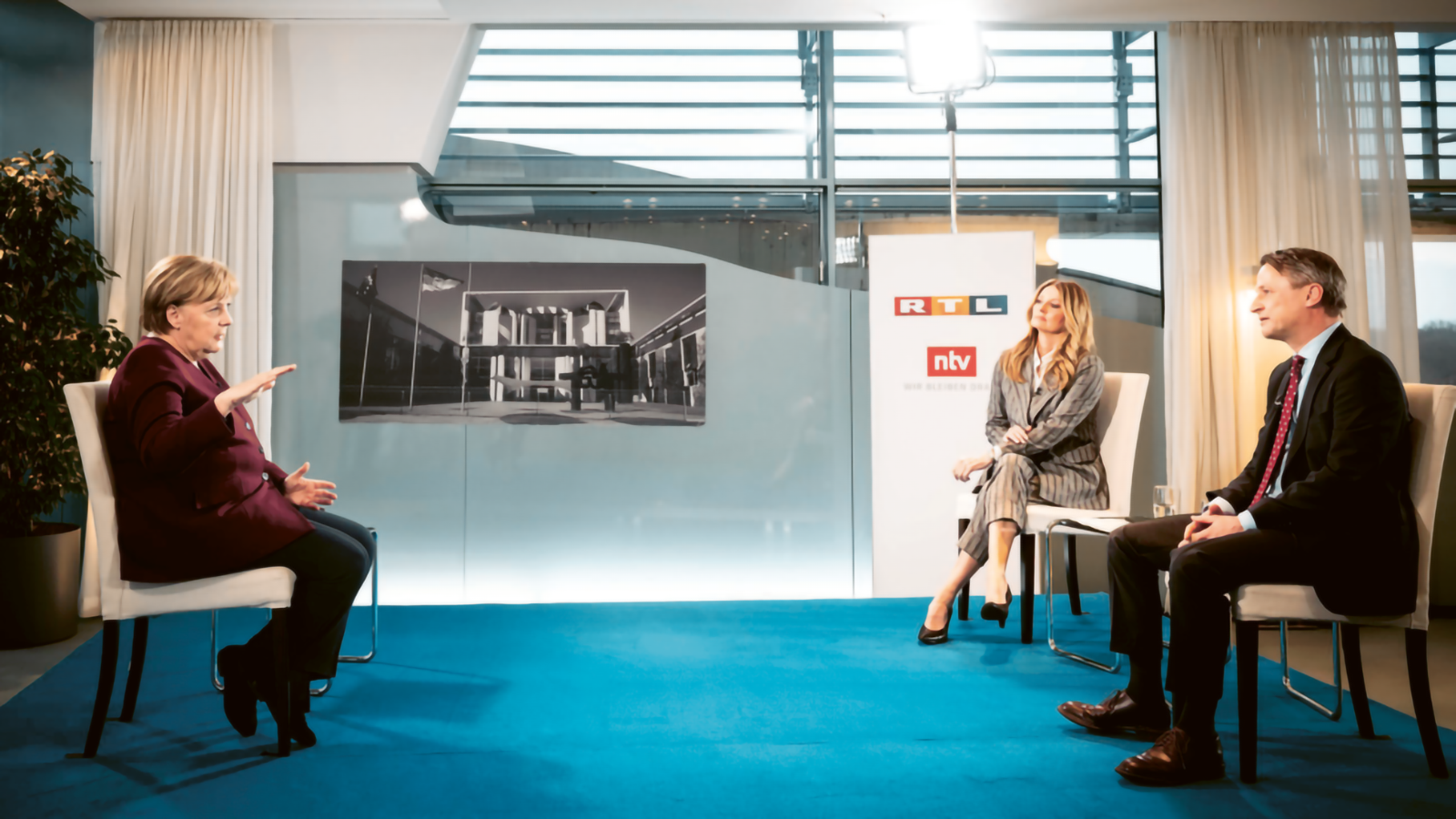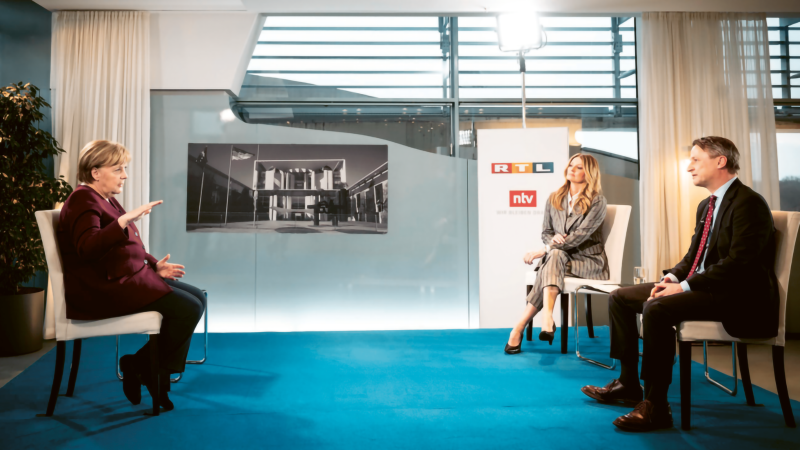Combatting Fake News and Misinformation

Sonja Schwetje, has been leading the news channel NTV for seven years.
She shares her expert view on the challenges facing the news ecosystem today, also discussing how online disinformation became a major threat against democratic societies and how broadcasters can fight it.
What are the main challenges in the news ecosystem today?
The main challenge is to keep up with the speed and volume of information and disinformation online. A lot of false information is generated and disseminated with the intent to manipulate. Sometimes content is distorted or taken out of context.
In order to provide our users and viewers with reliable news, our teams need to find out quickly what is right and what is wrong. High quality standards, journalistic expertise supported by technological tools and reporters on the ground are the best ways to fight disinformation.
ONLINE DISINFORMATION HAS BECOME A STRATEGIC AND POWERFUL TOOL
Are news and journalism more in danger today than ever before?
I have great respect for our RTL colleagues in Hungary, who are doing great journalistic work under difficult circumstances.
But even in countries like France, Belgium, the Netherlands or Germany, journalists are facing more and more aggression. Threats on social media or violence intended to stop coverage have become part of our job. Many news organisations have started to offer special training for their reporters and support them with security teams and equipment.
Regarding the state of press freedom in Europe, this is a trend that worries me.
Is fake news an intrinsic element of the information ecosystem?
There have always been attempts to manipulate information. But with new platforms and the use of algorithms, the volume and impact have increased. Online disinformation has become a strategic and powerful weapon for global players trying to destabilise democratic societies.
In a climate with more defiance than ever before, how do you establish or regain trust?
What we noticed during the Covid-19 crisis, and also in other situations of insecurity and confusion, is that people turn to reliable news brands they trust. They are looking for orientation and clarity. So, especially at NTV, we saw an increase in the reach of our linear and digital offerings with up to 27.27 million unique users in March 2020 and an extraordinary audience share of 1.4 per cent in the target group 14-49 in 2020. Across all brands, we reached an average of around 24 million people daily with our journalistic offerings in 2020. And the positive trend has continued in 2021.
In order to keep up this level of trust, we have to live up to our high-quality standards every day. We have to be transparent about our mistakes and we need to offer different perspectives on controversial topics. We see it as our responsibility to support our audience in building their own opinion. We neither want to patronise nor polarise.
WE NEITHER WANT TO PATRONISE NOR POLARISE
Where does the audience’s trust go when looking for reliable news?

People know they will receive up-to-date, comprehensive and, above all, reliable information from us. According to the Reuters Digital News Report 2021, NTV has grown strongly in terms of usage in the past year, but above all in terms of trust – and I am of course particularly pleased about that.
What is the fact-checking process in the broadcasting world?
The standard verification techniques are part of our regular training for all members of our editorial teams. In addition to that, we have a verification team with specific in-depth expertise and tools that cross-checks the authenticity of videos and photos. The team is part of an international network of verification experts.
How would you briefly define the very nature of journalism and its fundamental mission?
Journalism is a vital pillar of democratic societies. Journalists should provide the public with impartial, unbiased, and non-discriminatory information in order to enable citizens to make up their minds on voting choices and other decisions.
It is also the job of journalists to uncover grievances and to control powerful institutions and people. This goes along with a high level of responsibility and accountability, which is secured by industry codes and additional newsroom guidelines like we have at RTL Group.
With deepfakes becoming increasingly untraceable and social media one of the main sources of information, how can we fight against online abuse and misinformation?
It is important that people are aware of the ways content can be manipulated and that they remain sceptical. Media literacy plays a key role in this aspect. In addition, we need effective ways to regulate platforms where the majority of harmful content is disseminated.
The challenge is to find the right kind of balance between regulatory measures and freedom of expression.
For the respective platforms, we need transparency and non-discrimination on how content is disseminated. Generally, traceability of trusted news content plays an important role in securing freedom of speech.
IT IS IMPORTANT THAT PEOPLE ARE AWARE OF THE WAYS CONTENT CAN BE MANIPULATED AND THAT THEY REMAIN SCEPTICAL
How do economic goals and journalism coexist?
Excellent journalistic content is the foundation for economic success. We need the best products in order to refinance our work, by advertising, subscription, or paywalls.
At Bertelsmann we have the so-called “Chef-redakteurs-Prinzip” (Editor-in-Chief’s principle) that guarantees the independence of editorial decisions. It is stated in the Bertelsmann Essentials and is an integral part of the Bertelsmann Corporate Responsibility Strategy.
What is the place of news in today’s content strategy?
News is key in linear television.
In addition to our non-linear content, news is real-time content and can add substantially to the trust of a brand.
On top, it provides public value to society and plays a vital role in the stability of democratic societies in which our businesses can thrive.
Sonja Schwetje, Editor-in-Chief at NTV & RTL NEWS